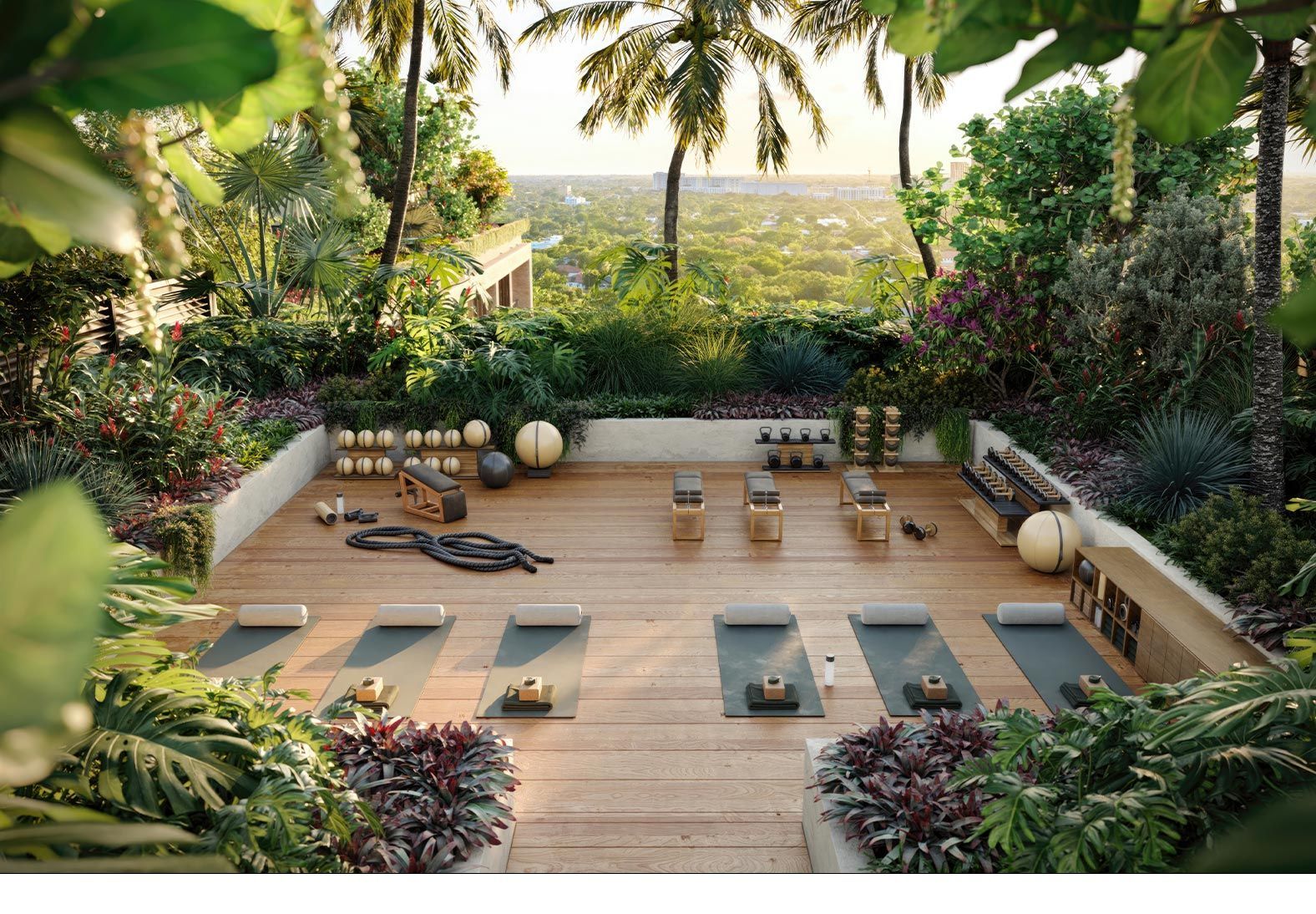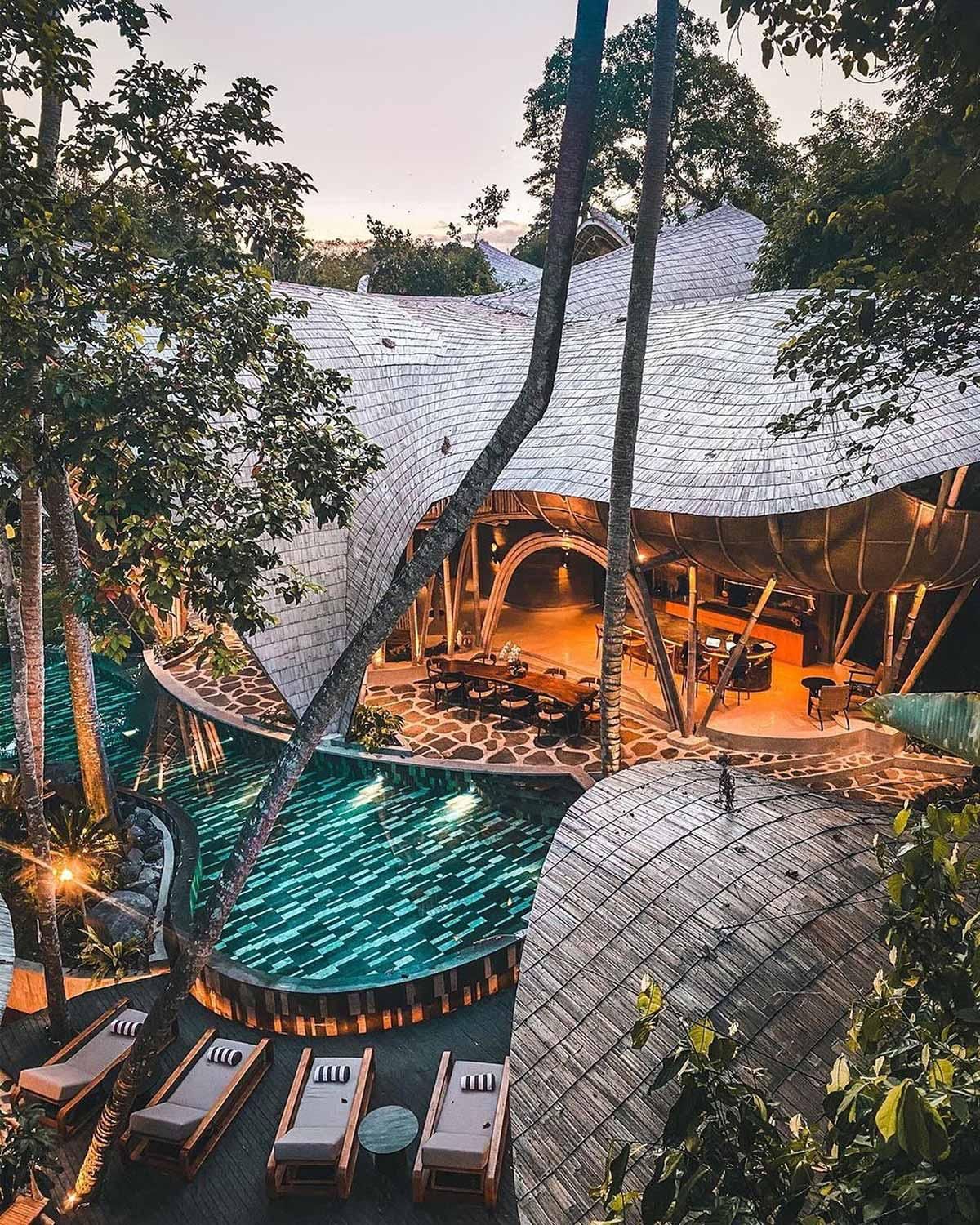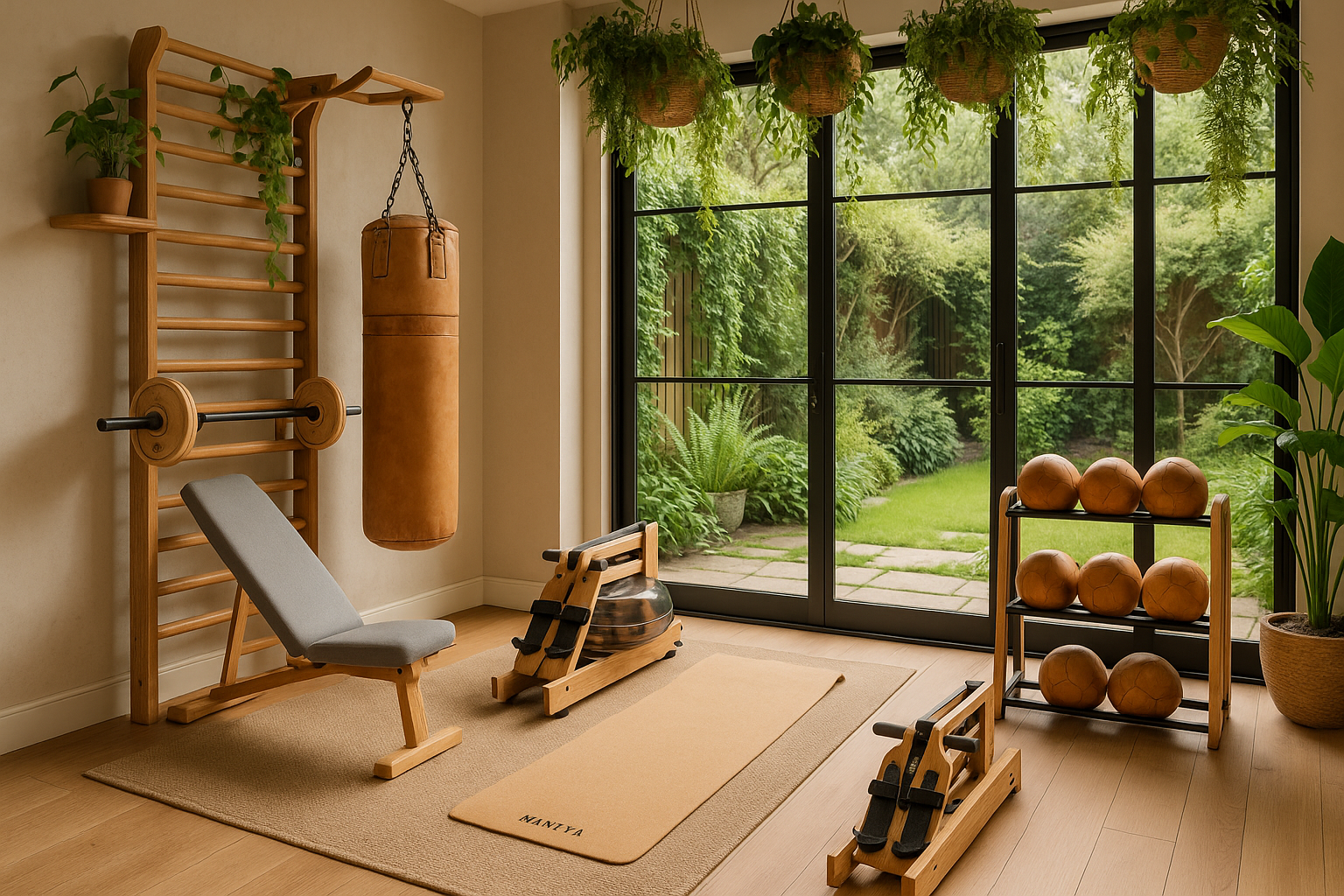November 20, 2025
Welcome to the new luxury: your body For decades, luxury was measured by what we owned — cars, watches, houses, vacations. But between 2025 and 2030, a new truth emerges: a healthy body becomes the ultimate symbol of wealth. In an era defined by sedentary lifestyles, screens, and ultra-processed food, maintaining a strong, functional body requires something few people have: Time, knowledge, energy, environment, discipline, and conscious choices. That’s why, by 2030, a well-cared-for body will be rarer… Rarer than a Rolex. From material luxury to biological luxury: a historic shift For most of the 20th century, bodies were naturally active. In Portugal — especially in villages and rural areas — daily life was a choreography of movement: walking, farming, cooking, living outdoors. After the 2000s, everything changed: More sedentary jobs Faster routines Increasingly processed food More time on screens than in nature The result: Portugal (and the entire world) follows the rising epidemic of fatigue, obesity, and chronic stress. According to the WHO, obesity has tripled since 1975, and global metabolic health is collapsing. The OLIVISTIC_Lifestyle was born to respond to this silent crisis. 2025: The real state of fitness and wellness Despite the explosion of gyms, apps, wellness influencers, and biohacking trends, we still face deep structural challenges: Ultra-processed foods that are cheap and accessible Cities designed for cars, not people Remote work that keeps people indoors High stress levels Little contact with nature Lack of fitness communities Disrupted circadian rhythms Poor health literacy Irregular sleep A shortage of natural, biophilic gyms And statistics don’t lie: 3 out of 4 adults don’t move enough. This is why a functional, healthy body becomes a luxury — because it is becoming the exception. 2030: The future of the body as luxury Imagine 2030: More AI More automation More screens Less movement Denser cities Fresh food becoming more expensive Fragile mental health Increased social isolation In this landscape, a healthy, energized body becomes a marker of class — not for aesthetics, but for the energy, discipline, and quality of life it represents. This is where the OLIVISTIC pillars come in: ✔ Natural rhythms ✔ Daily, intentional movement ✔ Nature integrated into everyday life (Biophilic Living) ✔ Simple Mediterranean-inspired nutrition ✔ Sleep as a recovery tool A strong body becomes an act of freedom in a fast world. And an act of wealth in an exhausted one. Influencers leading the Body-as-Luxury movement The new leaders of wellness already reflect this transition: Global Joe Wicks — energy as a source of happiness Natacha Océane — performance rooted in science David Goggins — extreme discipline Mark Wahlberg — consistency as a lifestyle Jennifer Lopez — vitality as aesthetics Dr. Rangan Chatterjee — holistic daily health Portugal Mário Caetano — emotional resilience & mental focus Paulo Teixeira — human performance as lifestyle Margarida Almeida — energy that turns vision into movement Catarina Oliveira — discipline, movement, and purposeful living All of them share one principle: Your body is your biological signature. Why is it so hard to stay in shape — in Portugal and worldwide? ✔ Lack of time ✔ Long work hours ✔ Remote work ✔ Fast, cheap food ✔ Cities without green spaces ✔ Constant burnout ✔ Conflicting information ✔ Disconnection from nature This leads to an urgent need for a new paradigm: Biophilic Living. Biophilic Living - OLIVISTIC’s answer to modern life Reintroducing nature, light, fresh air, and biological rhythms into daily life is no longer a luxury — it’s essential. Science proves: Natural light improves mood and hormones Indoor plants reduce physiological stress Walking regulates metabolism Nature exposure enhances focus By 2030, daily access to nature will become an urban privilege. How this will affect daily life by 2030 More fatigue Less focus More chronic disease Overloaded healthcare systems Greater inequality in well-being Increasingly sedentary children The body becomes a precious — and increasingly rare — asset. Where to begin? | OLIVISTIC_Lifestyle in practice 1. Biophilic Micro-Habits Walk outdoors Seek morning natural light Add plants to your home Eat fresh, simple meals 2. Natural Movement + Gym Short functional workouts Mobility + strength Daily walking Sleep as the foundation of performance 3. Technology as an ally Training apps Educational content Mindfulness Simple tracking tools 4. Realistic routines Hydration Home-cooked meals Sleep consistency Weekly sustainable goals Every small choice builds energy. Every habit brings vitality back. Conclusion: The body will be the new luxury by 2030 External symbols will continue to exist - but the real luxury will be internal : Energy Presence Mental clarity A regulated nervous system Functional strength Active longevity When you see someone with calm vitality, remember: that person carries their own wealth. The question now is simple: Will you join the new luxury - or let the modern world drain your energy? Your body isn’t just the new luxury. It is the future.












